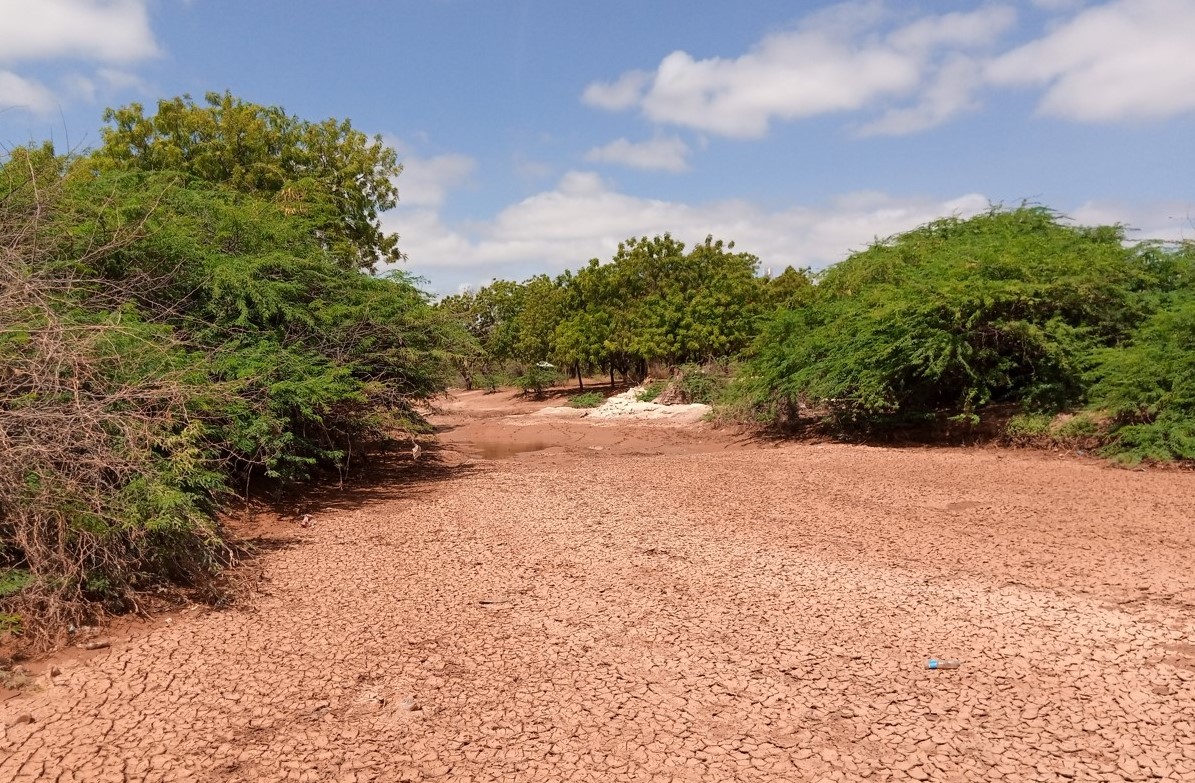
Posted on 05/23/2025 9:08:28 AM PDT by piasa
Introduced from South America, mathenge was intended to halt desertification, but now three-quarters of the country is at risk of invasion by the invasive tree
For his entire life, John Lmakato has lived in Lerata, a village nestled at the foot of Mount Ololokwe in northern Kenya’s Samburu county. “This used to be a treeless land. Grass covered every inch of the rangelands, and livestock roamed freely,” he says.
Lmakato’s livestock used to roam freely in search of pasture, but three years ago he lost 193 cattle after they wandered into a conservation area in Laikipia – known for the fight over land access between Indigenous pastoralists and commercial ranchers.
“Some of my cows were shot dead,” he says. “People were killed.” Of the 200 cattle Lmakato once owned, only seven remain.
One of the main reasons the livestock of Lmakato, 48, crossed over into the conservation area was the mathenge, as the mesquite shrub (Neltuma juliflora, formerly classified as Prosopis juliflora) is known in Kenya. The grassland landscape is so dominated by inedible mathenge trees that cattle have to wander further to graze. Introduced in 1948, mathenge – a plant native to South America – became widespread throughout east Africa in the 1970s.
It was seen as a remedy for creeping desertification, providing tree cover and preventing soil erosion in drylands, as well as a source of fuel and animal fodder. In Kenya, the UN Food and Agricultural Organization and the government actively encouraged its planting. ... more
(Excerpt) Read more at theguardian.com ...
Have the Blue Helmets arrived to "help" the Children, yet?
Another invasive species, like kudzu in the South.
Surprised some idiot has brought one to the US yet.
More Giant Hogweed! Moar!

“ Surprised some idiot has brought one to the US yet.”
I think it is already here in the south. Its a type of mesquite. The once broad grasslands through texas is now covered in spiny mesquite trees. Cattle eat the beans pods and spread it everywhere. Let a pasture go without maintenance and it will be covered in mesquite in 5-10 years.
The road to hell is paved with good intentions.
I wish professional writers would learn the proper use of farther and further. They default to saying further because they don’t know better. In the case of cows roaming, you would not say they were fur away, you would say they are far away. If they go far and then go more far they would be farther away and if they go more and more far they would be farther and farther away. The rule is farther for actual physical distance and further for abstract distance, and further explanation is not needed.
The US govt introduced tamarask into the Colorado River to control soil erosion. It now chokes the banks all the way from the Gulf of America to its headwaters in Montana. It sucks up vast amounts of water. River beaches we used to use became jungles and we needed machetes to get through. They’ve tried burning it out to no avail. Now they are using a beetle to control it. God only knows what problems the beetles are going to cause.
Morons.
And lined with invasive plants that were purposely introduced to "improve" things.
I must have missed when they rerouted the Colorado to flow into the Gulf of America. You’re right about the tamarisk, though, or salt cedar as it’s known here.
We have native mesquite in the desert Southwest. People and livestock get along with them fine!
We have native mesquite here in north and west Texas
Thanks for the information, Wallace. I was only familiar with the Colorado that flows through the Grand Canyon, not with the other Colorado in Texas.
Seruzawa, sorry for thinking you had typoed “Gulf of America” instead of “Gulf of California”. I see now that you must have been referring to the Texas Colorado River. Salt cedar is still a pest along much of the Arizona Colorado River and its tributaries.
Yes. I forgot my geography. I haven’t forgotten that effing tamarask and the chain saw we use to get through it.
Don’t get me started on the Utah idiots who introduced racoons.
Yup!
China supply chain issues have held up the Temu UN Special Issue Child Roasting Campfire Rotisserie. Don't worry. They'll get to it.
Typical results of “experts” who quite often have their asse* (of course using Taxpayers’ money).
Next plant on the list kudzu ?
Kudzu diffuses throughout the forest ground and inhibits the natural process of tree renewal, preventing the growth of young hardwoods and killing off other plants. Kudzu out-competes brush and indigenous plants, which in turn diminishes vital food and habitat resources for wildlife.
In the U.S. south is infested with it NC & SC big time.
Disclaimer: Opinions posted on Free Republic are those of the individual posters and do not necessarily represent the opinion of Free Republic or its management. All materials posted herein are protected by copyright law and the exemption for fair use of copyrighted works.